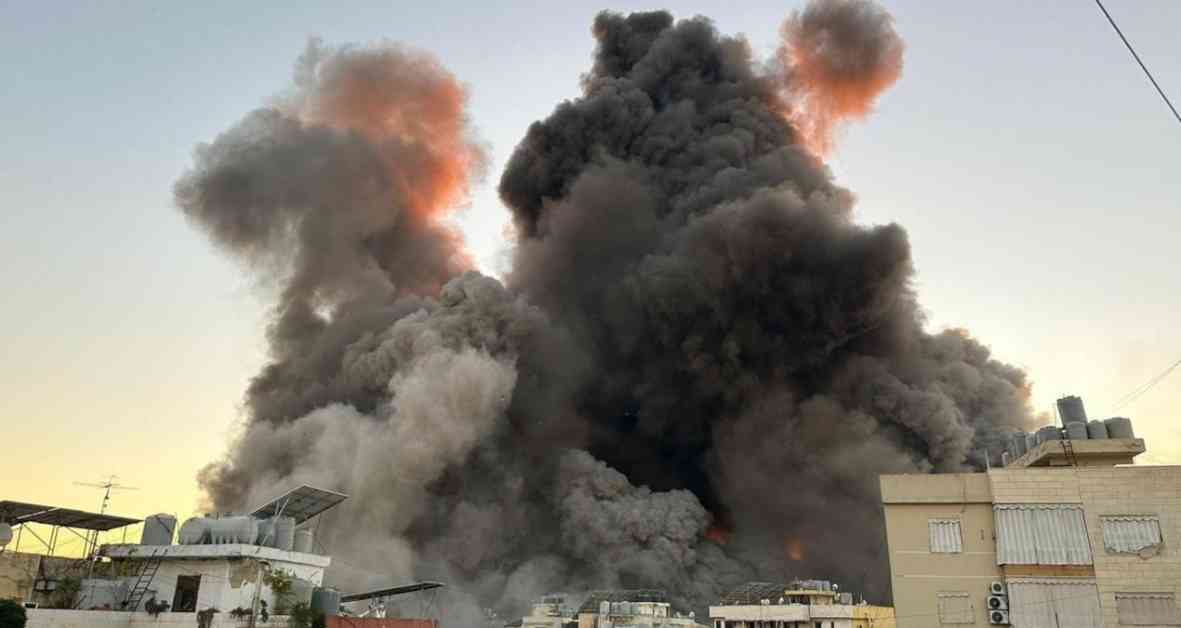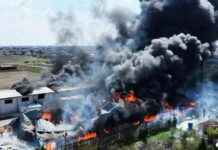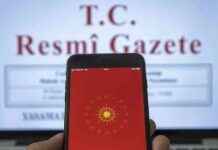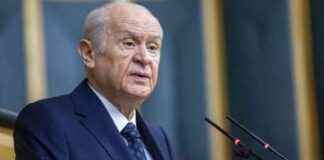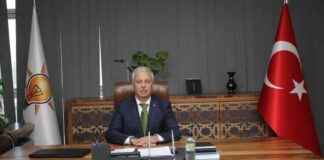The healthcare system in Lebanon is facing unprecedented challenges, with hospitals overflowing with injured patients and struggling to cope with the consecutive crises that have weakened the system. Tedros Adhanom Ghebreyesus, the Director-General of the World Health Organization (WHO), expressed his concerns about the situation in Lebanon, stating that the country is experiencing a surge in deaths due to the strain on the healthcare system.
During a meeting with ambassadors from Arab League countries in Geneva to discuss the health situation in Lebanon and the region, Ghebreyesus emphasized the urgent need to protect patients, healthcare workers, refugees, and civilians and ensure they receive the necessary health services. He highlighted the importance of collaboration between WHO and the Lebanese Ministry of Health to provide increased assistance and enhance interventions for patients in need.
Ghebreyesus also stressed the crucial role of peace in addressing the healthcare crisis in Lebanon, Gaza, Israel, and the entire Middle East region. He emphasized that ending violence is essential to prevent further loss and suffering, as escalating conflict could have disastrous consequences for the region. He stated, “The best medicine is peace,” underscoring the importance of resolving conflicts peacefully to mitigate the impact on healthcare systems and vulnerable populations.
More than a thousand people have lost their lives in the ongoing controlled clashes between Hezbollah and the Israeli army since October 8, 2023. The Israeli military conducted hundreds of airstrikes on southern cities of Lebanon, as well as the Bekaa and Baalbek regions on September 23. According to Lebanese authorities, since the destruction of communication devices used by Hezbollah on September 17, a total of 1328 individuals, including 104 children and 194 women, have been killed.
The leader of Hezbollah, Hasan Nasrallah, was reportedly killed in Israeli airstrikes on Beirut on September 27. In response, Hezbollah has launched rocket and missile attacks on Israel, primarily targeting military bases with no significant reported damage. The Israeli bombardment has resulted in the displacement of hundreds of thousands of people within the country, with a continuous wave of migration from southern regions to the capital Beirut and northern areas, as well as tens of thousands fleeing to Syria.
Subheadings:
Healthcare System Struggles in Lebanon
The healthcare system in Lebanon is facing immense challenges, with hospitals overwhelmed by the influx of injured patients and struggling to meet the growing demand for medical care. The consecutive crises in the country have severely weakened the healthcare infrastructure, making it difficult to provide essential services to those in need.
International Efforts to Support Lebanon’s Health System
The World Health Organization, in collaboration with the Lebanese Ministry of Health, is working to provide increased support and interventions for patients in Lebanon. International organizations and diplomatic efforts are focusing on addressing the urgent healthcare needs of the population and ensuring the protection of vulnerable groups, including refugees and civilians.
Call for Peace to Address Healthcare Crisis
The Director-General of WHO emphasized the critical role of peace in resolving the healthcare crisis in Lebanon and the wider Middle East region. He highlighted the importance of ending violence to prevent further loss of life and suffering, emphasizing that peace is essential for the stability and well-being of the population and healthcare system.

